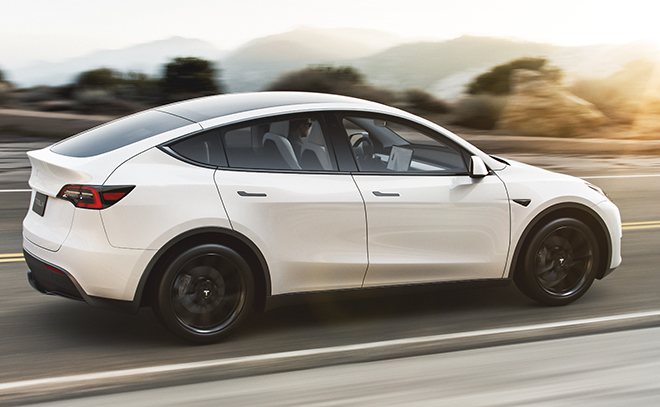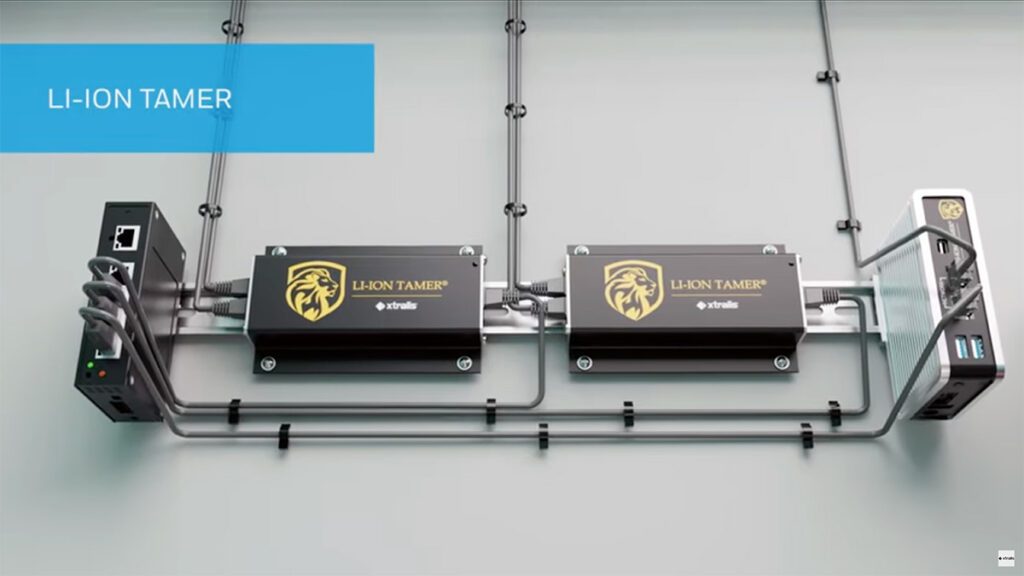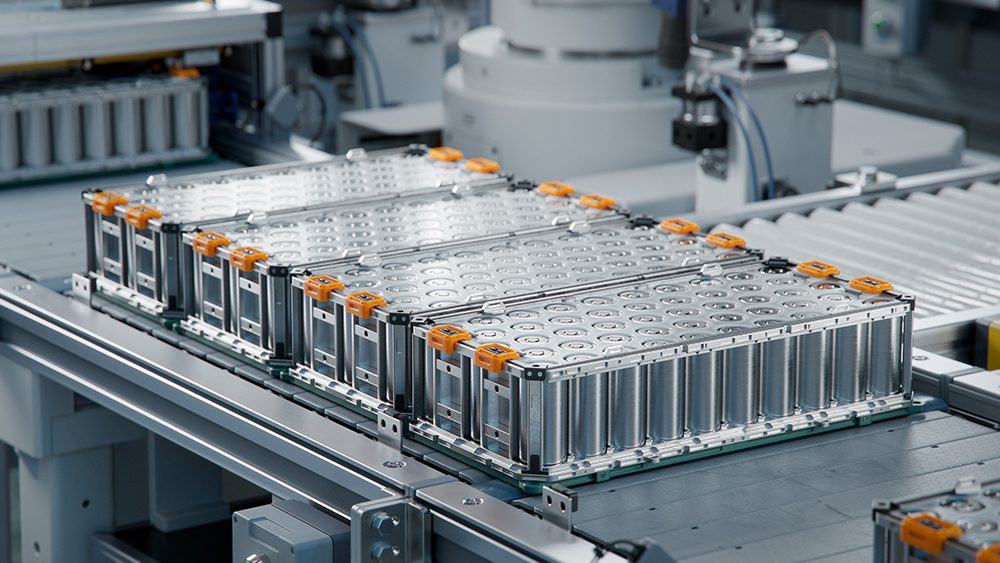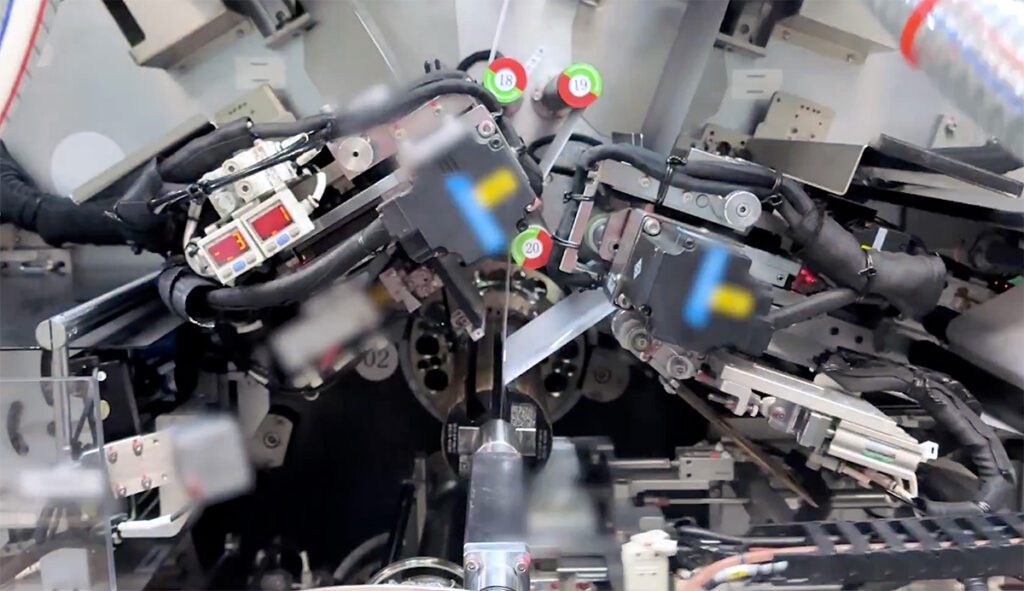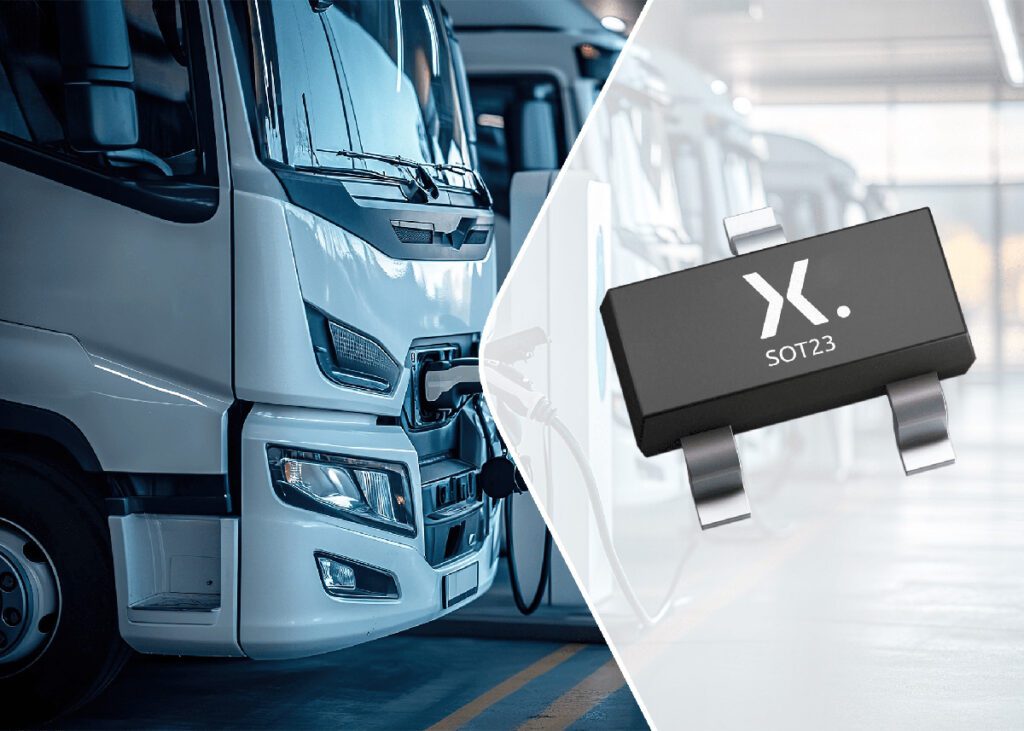In the arcane world of federal fuel economy standards, automakers that fail to comply with the US Corporate Average Fuel Economy (CAFE) requirements can buy emissions credits from an automaker that has excess credits to sell. This has turned into a lucrative side business for Tesla, the only company that has sold substantial amounts of EVs to date.
Companies that don’t comply, and don’t buy credits, are required to pay fines. A 2016 regulation more than doubled these fines, but the Trump administration, in its final days, changed the rule, pushing the effective date of the increased penalties from the 2019 model year to the 2022 model year. Now the National Highway Traffic Safety Administration (NHTSA), the agency responsible for setting fuel economy standards, is considering reinstating the increased fines, but the administrative process for doing so is a complex and lengthy one, and Tesla thinks the authorities should step on the pedal.
Reuters reports that Tesla has been lobbying the Biden administration and the US Court of Appeals to reinstate the increased fines, arguing that automakers should face consequences for delaying the transition to environmentally friendly vehicles, and that the Trump-era watering-down has made the credits it sells less valuable.
In April, Tesla asked the Second Circuit US Court of Appeals to quickly reinstate the higher penalties. The court refused, allowing NHTSA’s review to run its course. On August 18, NHTSA said it could impose the higher penalties, but will first consider public comments.
Tesla appealed to the appeals court again on August 27, saying, “The uncertainty perpetuated by NHTSA’s sluggish rulemaking pace is thus compounded by the likelihood of yet another round of litigation,” and warned that uncertainty “may linger for several more years.”
Tesla met (virtually) with NHTSA on August 30 to argue for quicker action, saying that the current state of limbo “produces continuing uncertainty in investments and transactions across the industry, and any delays will continue to have deleterious effects on the credit market until the issue is resolved.”
Not surprisingly, the legacy automakers take a different view—they say that increasing the penalties could cost them $1 billion per year in fines and higher prices for credits. A group representing major automakers including GM, Toyota, Ford and Volkswagen asked the court to reject Tesla’s request. “That Tesla might benefit from more certainty about the worth of the CAFE credits that it has amassed is hardly a reason to cut off an ongoing administrative process,” the group wrote in a court filing.
Chrysler parent Stellantis said in August that higher CAFE penalties could cost it some $609 million. Fiat Chrysler paid nearly $150 million for failing to meet 2016 and 2017 requirements.







